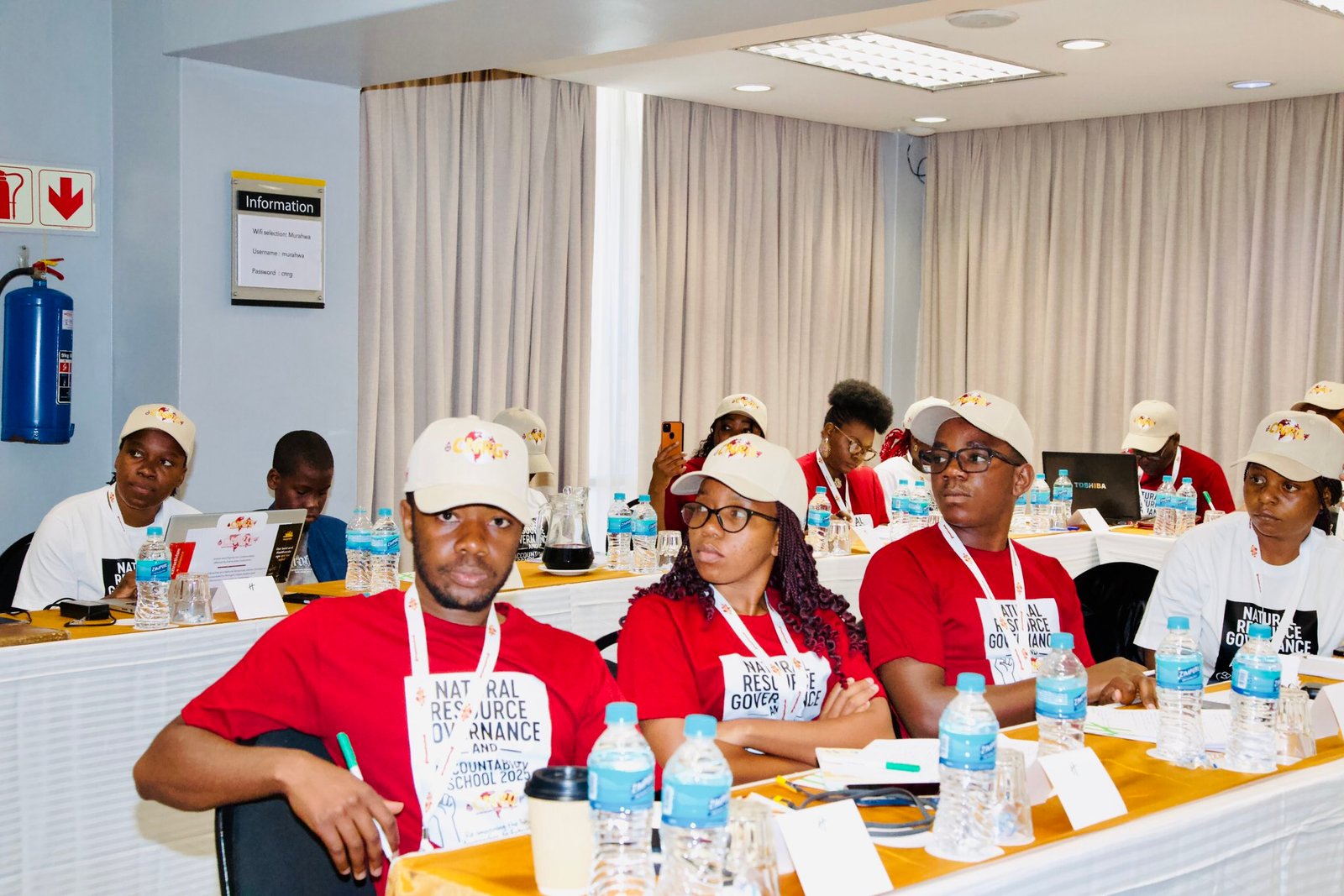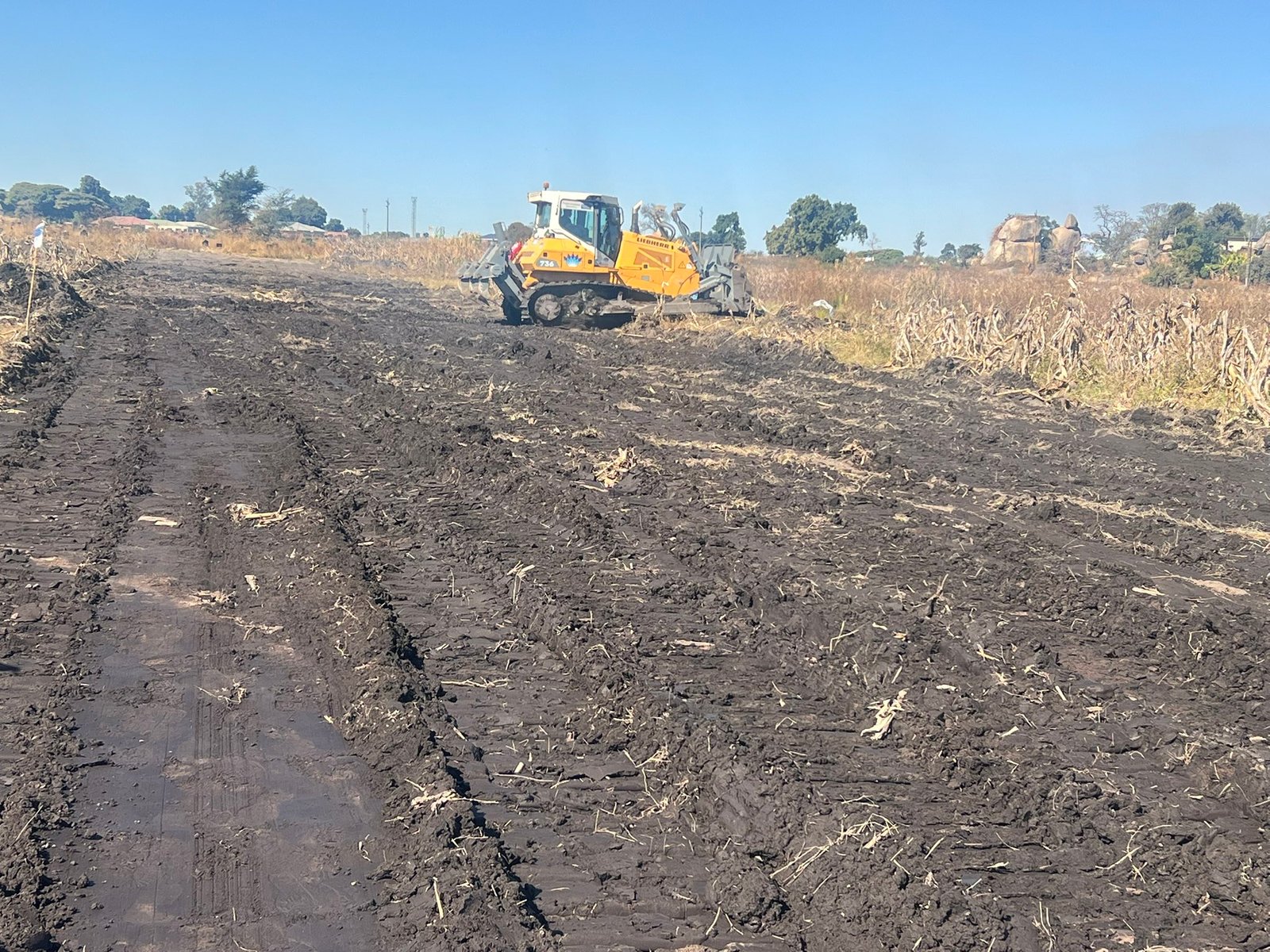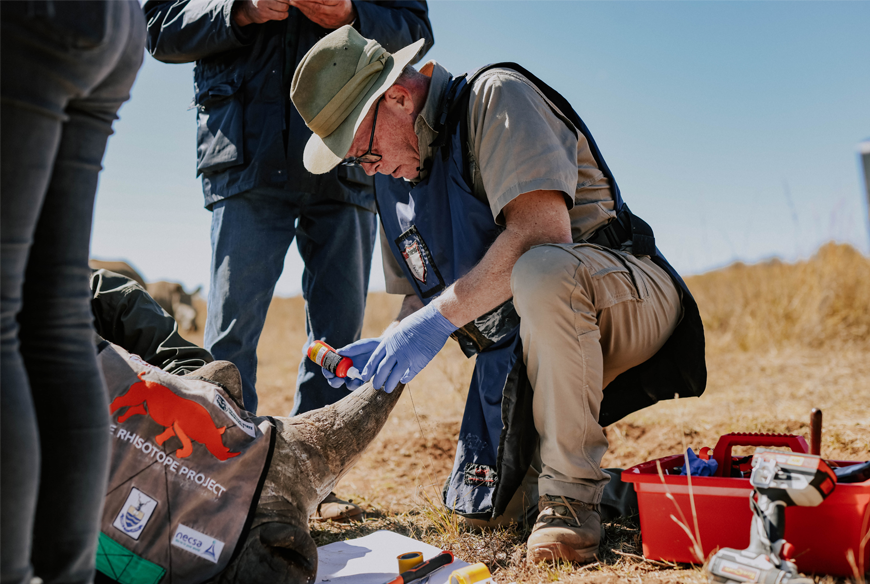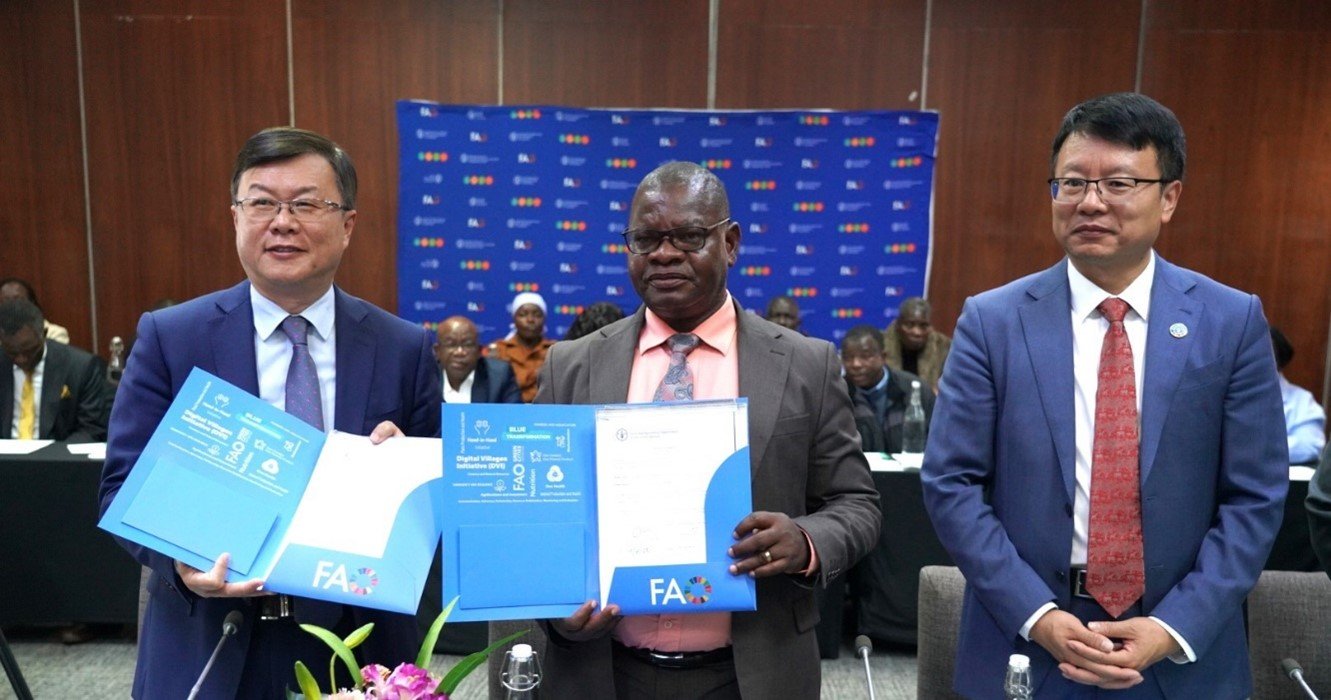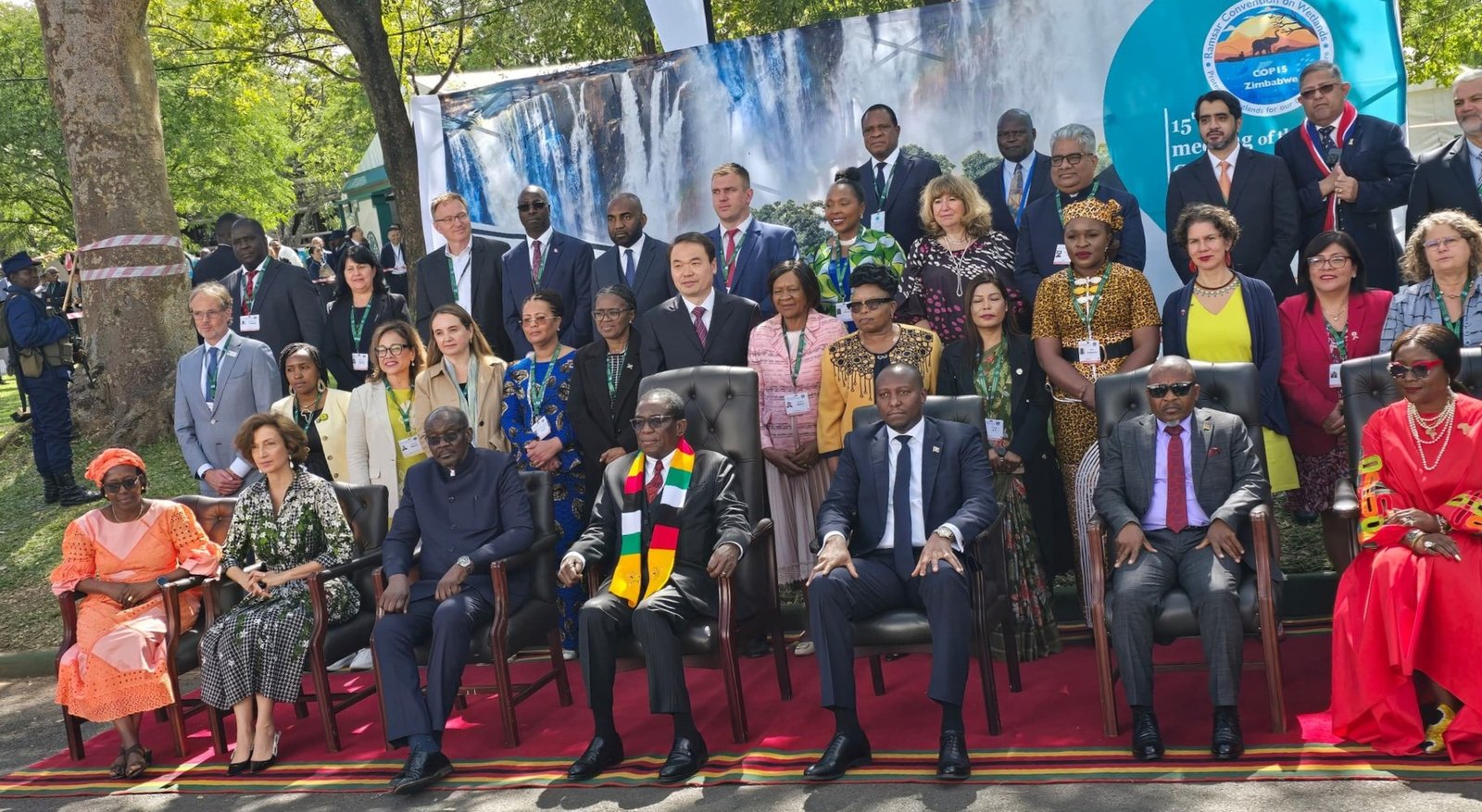A new initiative in Zimbabwe is training young people and community leaders to push back against environmental degradation and mismanagement in the country’s mining sector.
The Centre for Natural Resource Governance (CNRG), a civil society organisation, has launched its first-ever Natural Resource Governance and Accountability School. Held under the theme “Re-Imagining the Future — Approaches to Extractives and Climate Justice.”
The training programme brought together a 2025 cohort of youth, activists, and community leaders from mining-affected regions including Hwange, Bikita, Marange, and Mutare.
The initiative seeks to empower a new generation of advocates with skills to promote sustainability, community empowerment, and better environmental stewardship in the face of expanding extractive activities.
“The inaugural CNRG natural resource governance and accountability school seeks to empower the next generation of leaders with resource governance skills that strikes a balance between people, environment and profits,” said Farai Maguwu, Director of CNRG.
In a session on principles of good natural resource governance, Freeman Bhoso, director of the Zimbabwe Natural Resource Dialogue Forum (ZNRDF), criticised extractivist models that marginalise communities.
“Good governance is a responsibility, not a gift, and bad management breeds corruption, poverty, and environmental disaster,” he said.
He also added that if resource-driven development does not directly benefit the communities it impacts, it becomes unsustainable and unjust.
“Natural resources are finite. If development does not benefit the people it affects.”
Participants were engaged in discussions on climate justice, and one of the points that came out is that extractive industries must prioritize the rights and dignity of affected communities. Re-humanizing extractives requires centering people rather than profits.
“Re-imagining extractives begins with re-humanizing the communities affected. Land, water, dignity, and health are not collateral damage. They are right,” Peggy Tavagadza Zimbabwe Lawyers for Human Rights (ZLHR)
Through powerful exchanges, participants examined how communities, especially youth can take the lead in restoring degraded ecosystems, holding polluters accountable, and shaping climate-resilient, people-centered alternatives. For many, the school represented more than a learning opportunity, it was a call to action.
“The future is not something we inherit,it’s something we create.Young people must be architects of that future,” Natty Marovatsana.
Grace Shoshore added “The issue of sustainability enlightens us about the use of resources without depleting them .It leads to environmental justice.”
Zimbabwe’s extractive sector offers significant economic potential, especially around critical minerals and value‑addition, but realizing that potential demands urgent reforms in governance, environmental protection, and infrastructure, alongside meaningful community and gender justice engagement.

